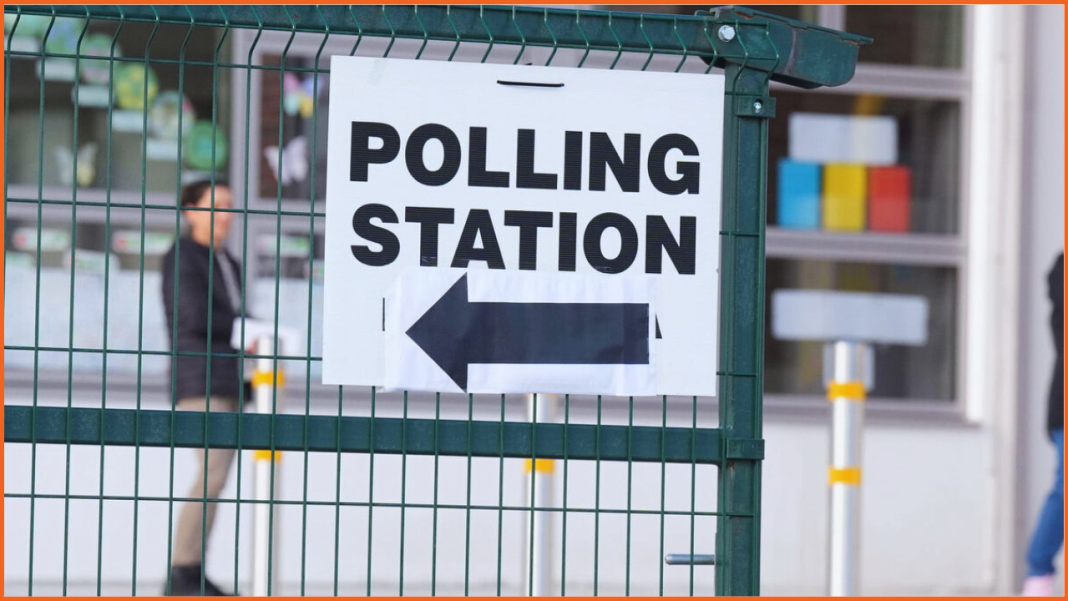Ireland is set to head to the polls on Friday for an early general election, with the ruling center-right coalition facing a strong challenge from the left-wing Sinn Fein in what is shaping up to be a tightly contested race.
According to opinion polls, a three-way tie appears likely, with Fine Gael, Fianna Fail, and Sinn Fein each commanding roughly 20% of voter support, leaving the election outcome highly uncertain, The Guardian reported.
The snap election comes after a brief three-week campaign dominated by issues such as Ireland’s housing crisis, soaring living costs, and immigration.
Taoiseach Simon Harris’s Fine Gael party has focused its campaign on economic stability, while Fianna Fail, led by former Prime Minister Micheal Martin, has highlighted its governance record and pledged reforms in housing and household support.
Sinn Fein, historically associated with the Irish Republican Army (IRA), is spearheaded by Mary Lou McDonald, who is advocating for a progressive shift in government and has expressed willingness to collaborate with left-leaning groups like the Social Democrats, Labour, and People Before Profit.
“I’m asking voters to choose not just Sinn Fein but to opt for change,” McDonald said, urging progressives to adopt tactical voting under Ireland’s proportional representation system to maximize representation in the Dáil Éireann, where 88 seats are needed for a majority.
In the 2020 general election, Sinn Fein garnered 24.5% of the vote, narrowly outpacing Fianna Fail (22.2%) and Fine Gael (20.9%). Coalition governments have long been the norm in Ireland, as no party has achieved an outright majority in decades.
Both Fine Gael and Fianna Fail have ruled out forming a government with Sinn Fein, increasing the likelihood of independents, who currently hold about 20% in polls, playing a decisive role in coalition talks.
The Green Party, a junior partner in the outgoing coalition, may lose some of its 12 seats but has signaled openness to participating in a new government. Smaller parties like Labour and the Social Democrats, each holding six seats, are similarly positioning themselves for influence in potential coalition negotiations.
Fine Gael has cautioned voters about the potential economic risks of a Sinn Fein-led government, especially amid global uncertainties such as US President-elect Donald Trump’s impending second term. Trump’s proposed tariffs on EU exports could have significant implications for Ireland’s economy, which relies heavily on trade.
As the election approaches, Ireland’s unique proportional representation system ensures that second-choice preferences will play a critical role in determining the balance of power in the next government.




